Vivariums, Specialized Housing & Procedure Rooms

Conveniently Located for Easy Access and Travel
At the Tufts Boston Health Sciences Center, we provide three state-of-the-art AAALAC-accredited vivariums and a range of specialized research spaces designed to support a broad spectrum of scientific inquiries. Our facilities are equipped to handle diverse research needs with precision and care.
- Rodent Facility: Spanning 22,000 square feet, this facility is dedicated to rodent research, featuring numerous animal holding rooms and nearly 1:1 procedure rooms for efficient integration of housing and procedures.
- Mixed Animal Facility: Covering 11,000 square feet, this space supports various species including rodents, rabbits, ferrets, pigs, sheep, goats, non-terminal dogs and other non-primate animals.
- Aquatics Facility: A specialized facility with two seperate systems with over 1,600 tanks optimized for any aquatic model.
Check Out Our Available Spaces Below!
Vivurium & Animal Housing
CMS offers AAALAC-accredited vivariums designed to support a wide range of preclinical research. Our facilities provide exceptional housing environments tailored to meet the diverse needs of both standard and specialized studies. With advanced biosecurity measures, individually ventilated cages, and spaces designed for radionuclides, hazardous agents, and immunocompromised animals, our vivarium ensures optimal animal welfare and regulatory compliance. Whether for rodents, large animals, or aquatic species, our vivarium is equipped to support innovative research while maintaining the highest standards of care.
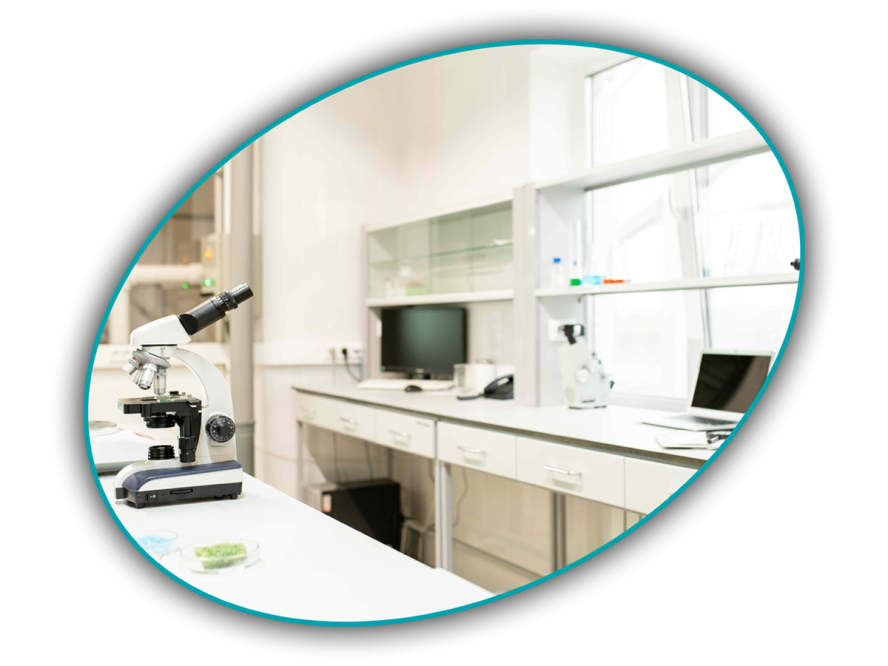
Procedure Space
Designed to support a wide range of research needs, our procedure rooms are equipped for various animal handling and testing activities, providing a controlled environment for tasks such as sample collection, minor procedures, and preliminary studies. Key Features include: Isoflurane anesthesia machines, Circulating hot water heating pads, Exam lights, Glass bead sterilizers, Scales, Central vacuum and CO2 systems, Lockable cabinets and drawers and Class II biological safety cabinets.
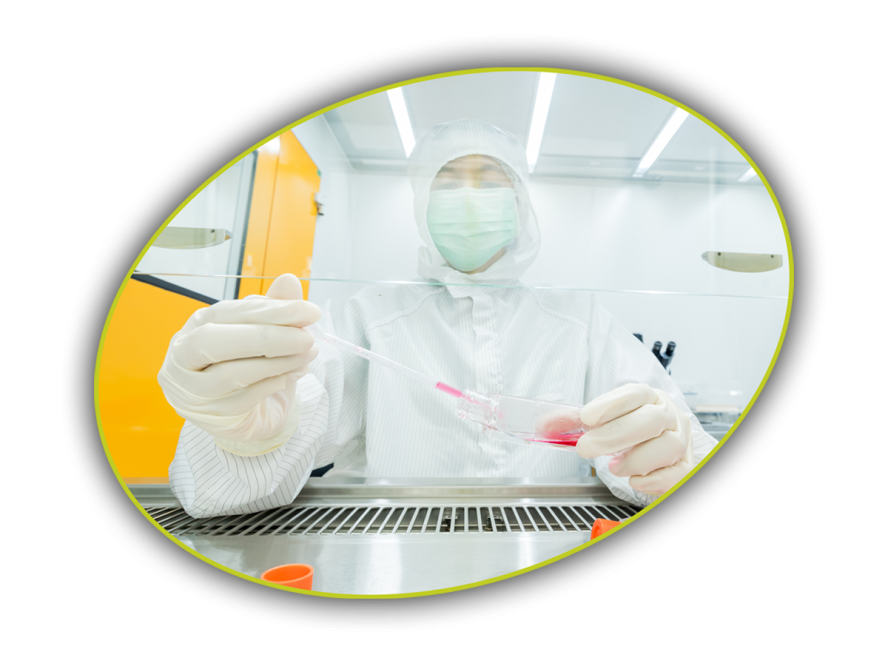
Sterile and ABSL-2 Rooms
Our sterile and ABSL-2 rooms maintain rigorous biosecurity standards to support work with animals requiring a sterile or biosafety level 2 environment. These spaces are equipped to handle specific pathogen-free (SPF) animals and ensure containment for studies involving infectious agents, offering enhanced safety for both researchers and animals.
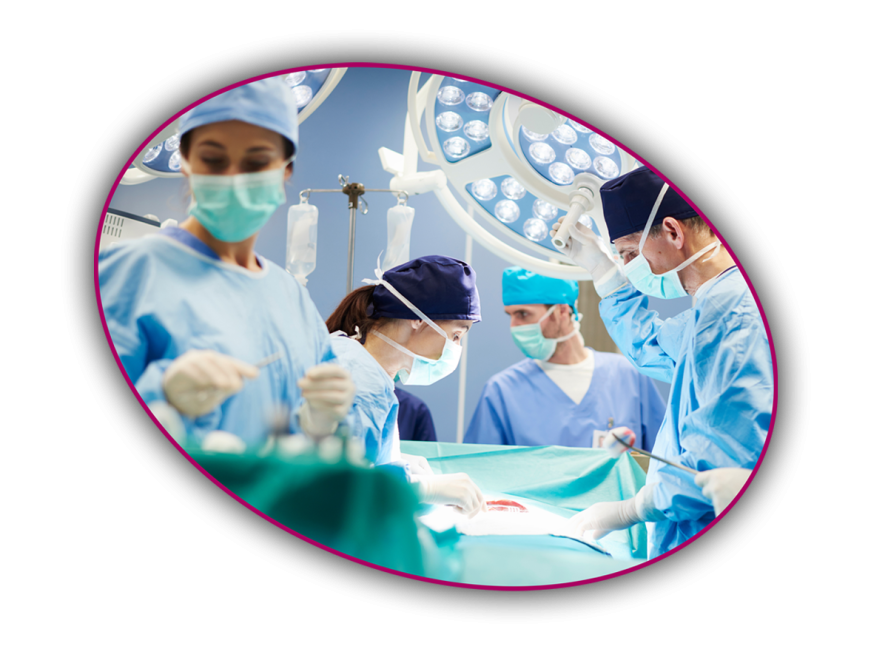
Operating Rooms
Our state-of-the-art operating rooms are equipped for both routine and complex surgical procedures across a variety of species. These suites include advanced monitoring, anesthesia, and surgical support, ensuring high standards of animal welfare and research precision for preclinical studies and medical device testing.
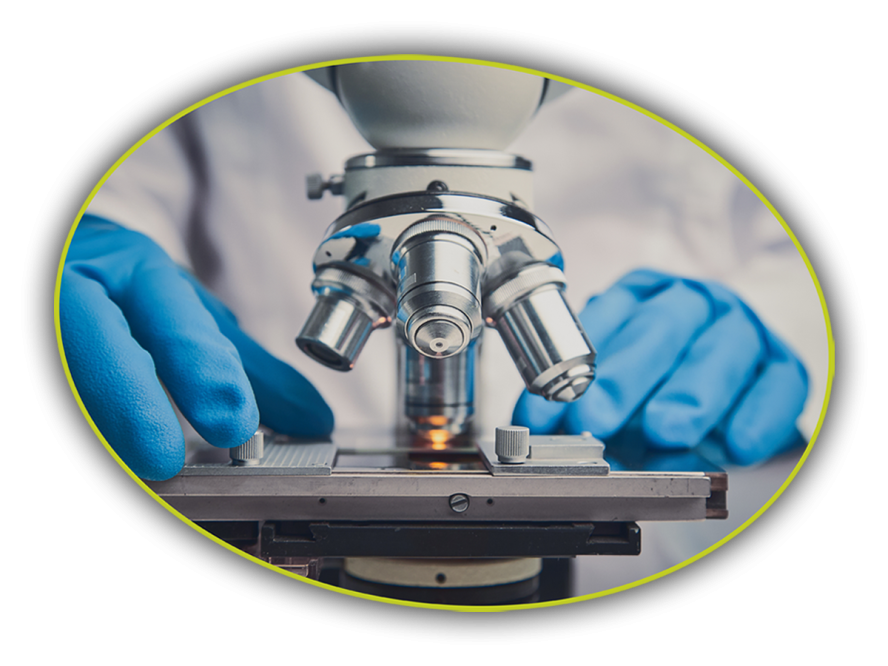
Imaging Facility
Our Imaging Facility is equipped with cutting-edge technology and involves the use of advanced imaging modalities such as bioluminescent and fluorescence imaging(IVIS), uCT(Micro-Computed Tomography), and ultrasound to support comprehensive research across various species. This facility enables detailed, non-invasive visualization of anatomy, function, and molecular processes, allowing researchers to explore disease mechanisms, assess therapeutic efficacy, and gain real-time insights essential for preclinical and translational studies.
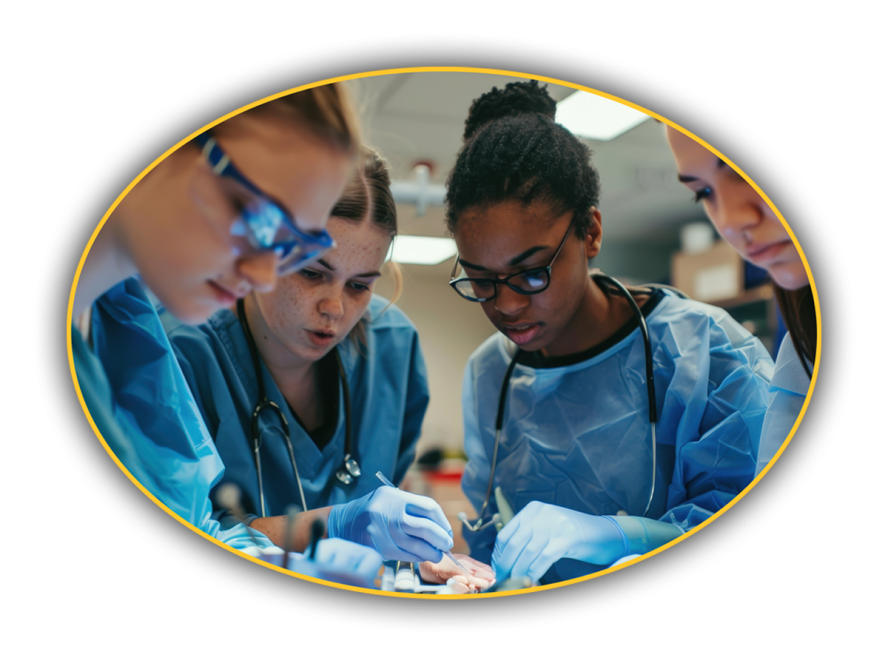
Cadaver Lab
The cadaver lab offers a specialized environment for post-mortem studies and educational purposes, ideal for dissection, anatomical studies, and training sessions. This space is equipped to support a range of research and instructional activities, with resources for proper handling and specimen preservation.
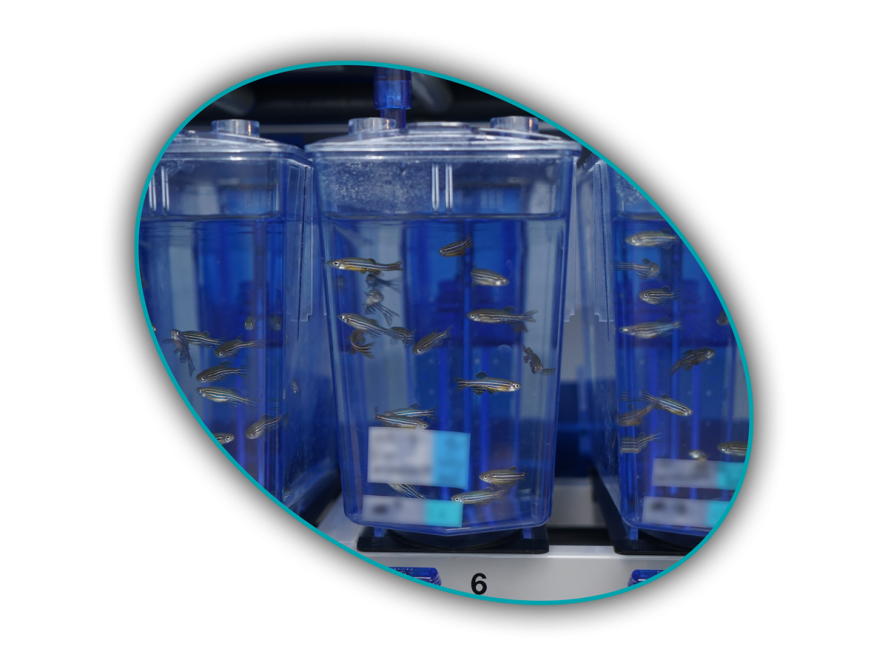
Aquatics Facility
Our aquatics facility provides specialized environments for aquatic species, supporting research involving fish and amphibians. The facility includes custom tanks, water quality monitoring, and life support systems tailored to meet the needs of various species and research protocols.
